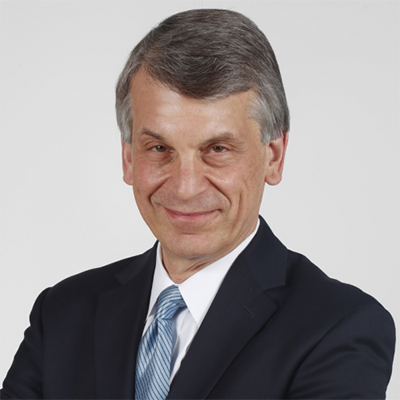Sessions With David Sandalow
Monday, 18 March
-
04:30pm - 05:00pm (CST) / 18/mar/2024 09:30 pm - 18/mar/2024 10:00 pm
Future Forward: Harnessing the power of Gen-AI in climate solutions
Innovation & TechnologyCan gen-AI accelerate solutions for climate change? We will explore the potential of gen-AI in analyzing vast datasets, predicting outcomes, optimizing policy and accelerating innovation to fight climate change. What are the ethical considerations, opportunities and limitations of integrating gen-AI into the decision-making process to address climate change?
Wednesday, 20 March
-
07:15am - 08:20am (CST) / 20/mar/2024 12:15 pm - 20/mar/2024 01:20 pm
China’s Energy Future: Balancing a multidimensional transformation
Strategy and Business ModelsSince the Chinese government announced its peak emissions (2030) and carbon neutrality (2060) targets, clean energy development in the country has accelerated. How will China balance decarbonization initiatives, energy security and economic growth? What role will Chinese companies play in low-carbon technology development globally in a world of increasing trade restrictions? What strategies can industry leaders implement to address China’s multidimensional transition effectively?
- Speakers:
- Chengyao Peng
- Lei Yang
- David Sandalow
- Zhen Wang
-
03:40pm - 04:10pm (CST) / 20/mar/2024 08:40 pm - 20/mar/2024 09:10 pm
Symbiosis or Standoff: U.S.-China relations and climate action
Climate & SustainabilityAs the world’s two largest economies and carbon emitters, the U.S.-China relationship holds significant implications for global efforts to combat climate change. What is the potential for symbiotic collaboration and what are the risks of standoff between these key players? How can shared climate goals foster cooperation in areas such as clean energy technology development, emissions reduction targets and international climate agreements? Join the conversation as we analyze the opportunities and challenges in U.S.-China climate relations and explore pathways for constructive engagement towards a sustainable future. We'll also discuss the geopolitical tensions and policy differences that may hinder effective collaboration. From trade disputes to political differences, understanding the complexities of US-China relations is crucial for advancing meaningful climate action on a global scale.

